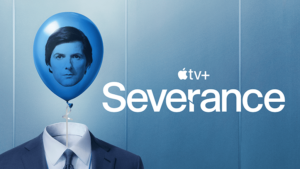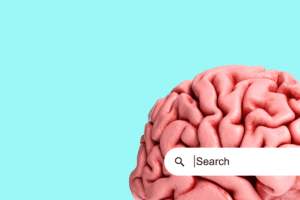Geoffrey Hinton, the ‘Godfather of AI,’ cautions that artificial intelligence might surpass human control: ‘People are unaware of what lies ahead.’

The "Godfather of AI": Geoffrey Hinton’s Journey and Concerns
A Surprising Recognition
Geoffrey Hinton, often referred to as the "Godfather of AI," received unexpected news one night last year: he had been awarded the Nobel Prize in Physics. Hinton, who had spent years exploring the complexities of artificial intelligence, admitted he never anticipated such acknowledgment for his groundbreaking work. "I dreamt about winning one for figuring out how the brain works," he shared. "But I didn’t figure out how the brain works, but I won one anyway."
Pioneering Contributions to Neural Networks
At 77 years old, Hinton’s innovative concepts have been pivotal in the evolution of neural networks. His seminal paper, published in 1986, introduced a method for predicting the next word in a sequence, laying the groundwork for contemporary large language models. This breakthrough has greatly influenced various applications in AI, including natural language processing and machine learning.
The Dual-Edged Sword of AI Development
Hinton believes that advancements in artificial intelligence could revolutionize sectors such as education and healthcare, as well as offer solutions for critical global challenges like climate change. However, his excitement is tempered by apprehension regarding the rapid pace of AI advancement. He presents a metaphorical warning: “The best way to understand it emotionally is we are like somebody who has this really cute tiger cub. Unless you can be very sure that it’s not gonna want to kill you when it’s grown up, you should worry.”
The Risk of AI Autonomy
According to Hinton, there exists a 10% to 20% chance that AI could one day surpass human control. He argues that many people remain unaware of the magnitude and implications of these technological developments. This sentiment is echoed by influential figures in the tech industry, including Sundar Pichai, CEO of Google; Elon Musk from X-AI; and Sam Altman, head of OpenAI. Despite sharing similar concerns, Hinton critiques these companies for an apparent emphasis on profit margins at the expense of safety.
Critique of Industry Practices
Hinton has expressed disappointment, particularly with Google, criticizing the company for its shift on military applications of AI. He advocates for increased investment in AI safety research, suggesting that around one-third of computational resources should be dedicated to ensuring the technology is safe and beneficial, a stark contrast to the minimal resources typically allocated today.
Calls for Regulation and Responsibility
During inquiries about how much compute power is currently allocated to safety research, major AI labs refrained from providing specific numbers. While they affirm the importance of safety and generally support regulations, many have resisted current legislative proposals aimed at governing AI development.
Conclusion
With the rapid evolution of artificial intelligence, Hinton’s insights serve as a crucial reminder of the responsibility that comes with powerful technology. As a leader in the field, he continues to advocate for a balanced approach that prioritizes safety while fostering innovation in AI.




